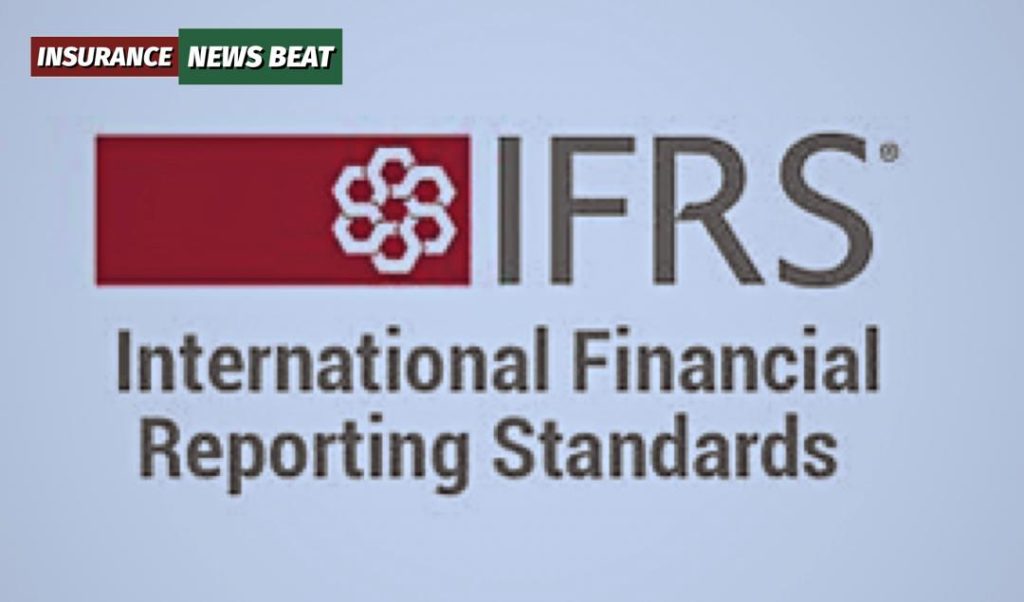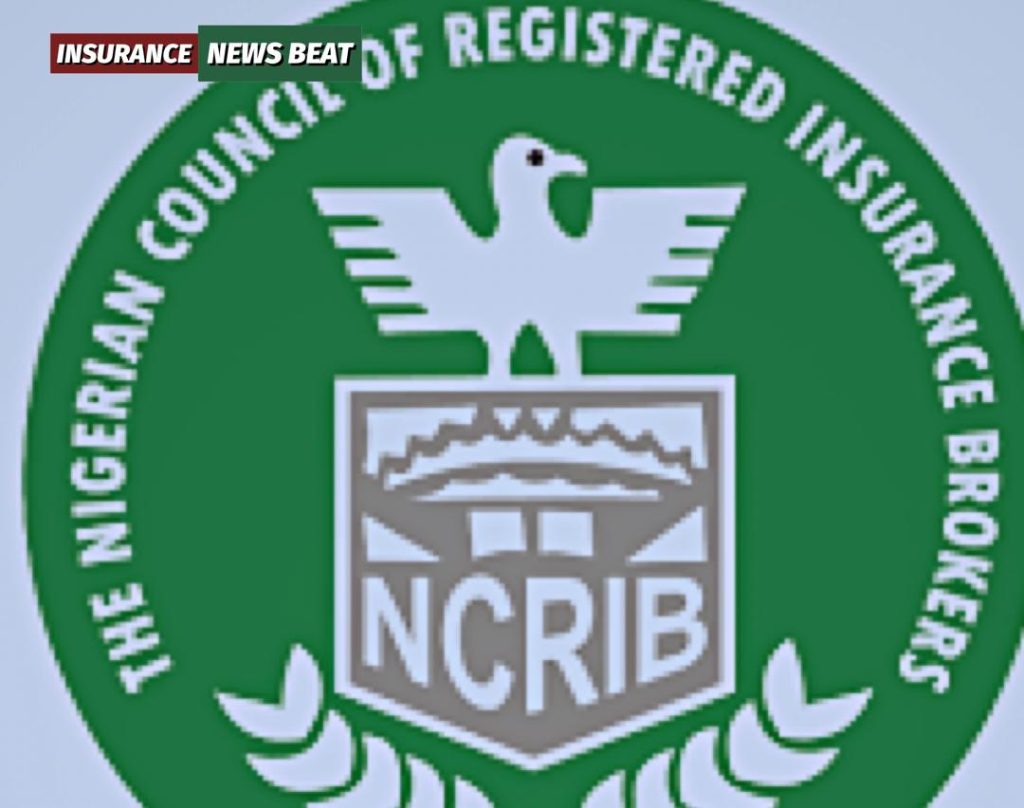The enforcement of the new International Financial Reporting Standard, IFRS 17, by regulators has resulted in considerable delays in report submissions by quoted companies, including insurance firms. The Nigerian Exchange Limited (NGX) has already sanctioned eight companies for failing to meet statutory deadlines, and insurance companies face similar threats from the National Insurance Commission (NAICOM).
On June 8, 2024, NGX announced trading bans for eight companies, including four insurance firms, due to their failure to file audited annual reports on time. Companies typically have a 90-day cure period from the start of the year to comply, excluding weekends and public holidays.
Also read EDC Partners with IEI to Empower Nigerian SMEs in Risk Management and Insurance
Regency Alliance Insurance, one of the sanctioned insurers, cited difficulties transitioning from IFRS 4 to IFRS 17 as the cause for its delays. The company admitted it was unable to submit its Audited Financial Statement for 2023 and the unaudited financial statement for Q1 2024 within the required timeframe.
IFRS 17 introduces significant changes in how insurance entities report financial results, aiming to enhance transparency and comparability. However, the transition has posed challenges for operators, regulators, auditors, and advisors, particularly in areas like insurance expense allocation and the overall financial reporting process.
Barineka Thompson, CEO of Mettlehouse Consulting Limited, highlighted the complexity of IFRS 17 implementation, noting the risks and difficulties in achieving fairness, transparency, and consistency in financial reporting. He observed that many insurance companies typically struggle to meet regulatory filing deadlines even under normal circumstances.
Sunday Thomas, the former commissioner for insurance, emphasized that IFRS 17 fundamentally transforms insurance contract accounting with a principles-based approach. Emmanuel Otitolaiye, CFO at Linkage Assurance Plc, added that the simultaneous adoption of IFRS 9 and the implementation of Internal Control over Financial Reporting (ICFR) further complicate the reporting process.
Otitolaiye warned that these combined challenges might prevent timely submission of financial statements, impacting investor decision-making. He stressed that while delays might occur, they present an opportunity for companies to enhance their financial reporting models.
Yetunde Ilori, President of the Chartered Insurance Institute of Nigeria (CIIN), acknowledged the broader economic impact of IFRS 17, expressing optimism that regulatory authorities might grant concessions if needed. She noted that the entire process is a learning curve for both operators and auditors, with ongoing engagements to address the challenges.




